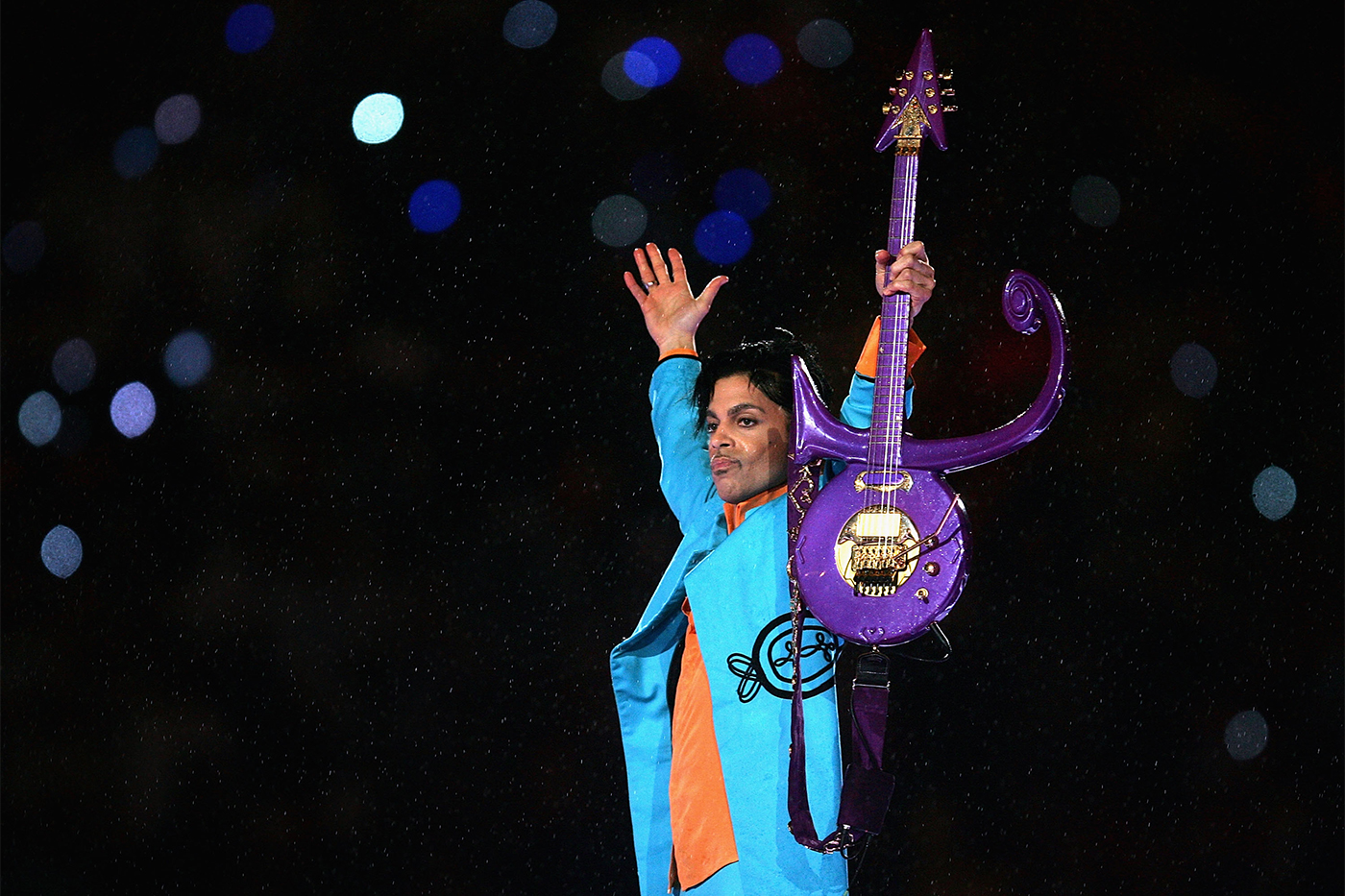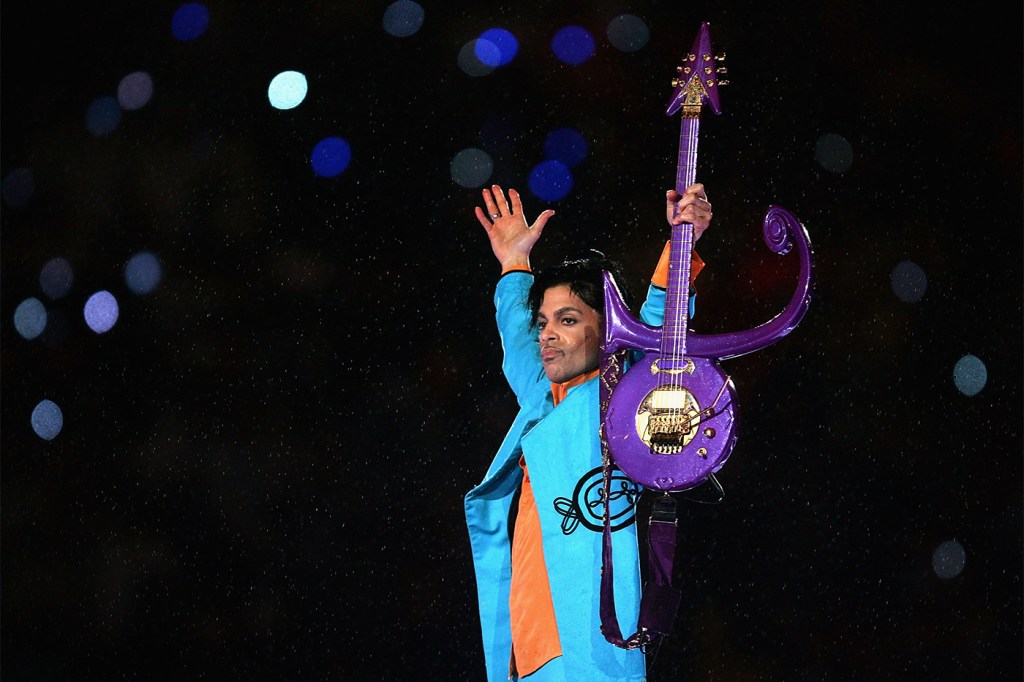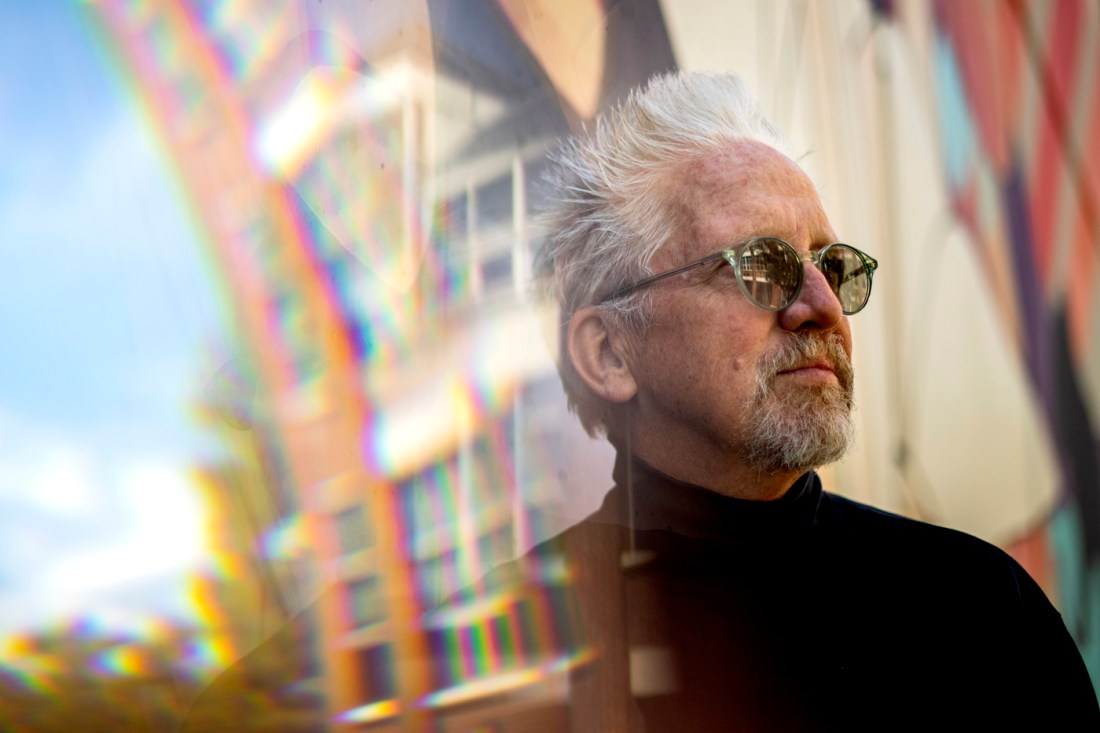Entertainment
A Prince documentary has been buried in legal disputes. Northeastern entertainment law experts break down how fans could see it

The unreleased project from an Oscar-winning director has been in the works at Netflix for five years and reportedly paints a complex, uncomfortable portrait of the music icon.

Prince — the prodigiously talented, chart-topping musical powerhouse of the 1980s and beloved rock legend in the decades since — was notoriously private during his lifetime, rarely giving interviews and keeping his personal life as hidden as he could, given his ubiquity.
That approach largely continued after the superstar’s death in 2016. Large portions of his biography, personal video and photographs, and even vast portions of his music catalog have remained hidden from public view.
For half a decade, a Netflix documentary series has been in the works that might have changed that. But last week, an in-depth New York Times story detailed how the project has been mired in a series of overlapping legal and artistic disputes — and as a result, fans who want to know more about the “Purple Rain” singer may never get to see it.
Or will they?
From a legal standpoint, it’s not hopeless, Northeastern University entertainment law experts say. But like Prince himself, it’s complicated.
The Netflix project has been hotly anticipated because in 2018, the streaming service entered into an agreement with Prince’s estate giving director Ezra Edelman, who previously won the best documentary Oscar for the series “OJ: Made in America,” unprecedented access to the singer’s personal archive.
Such cooperation isn’t necessarily required for a biographic documentary, but “it can be hugely helpful,” says Alexandra Roberts, a Northeastern University law professor dually appointed to the College of Arts, Media and Design (CAMD).
“If the family enters an agreement with a filmmaker, they may also agree to other things, like sharing stories with the production team, giving them access to documents and collections and introducing them to key players in the person’s life,” she says.


Edelman interviewed dozens of Prince’s friends, relatives and collaborators, coming away with a reportedly complex, often uncomfortable portrait running over nine hours long.
“It’s important who gets to decide how this is cast,” says David Herlihy, an entertainment lawyer, musician and teaching professor at Northeastern. “Theoretically, Netflix has editorial control and final cut. His estate is going to want to portray him as something beautiful and miraculous and fantastic, to protect his legacy and continue to generate more money. But anybody as brilliant as Prince is going to be a deeply complicated character.”
This, he says, is where the trouble starts. But not where it ends. Per the agreement, the documentary was supposed to run six hours; the finished series was nine, a violation of the contract.
Additionally, both the management of the singer’s estate and the leadership at Netflix overseeing the project have changed. The new estate managers have alleged that the finished film contains factual inaccuracies and blocked Edleman’s prior archive access. But a prior contract with the estate may go a long way in navigating those roadblocks.
“They may [have waived] their right to sue for things like defamation, misappropriation of right of publicity, trademark infringement, false light or other privacy torts,” Roberts says. “And of course, the ability to promote something as an authorized biopic creates better publicity than one that the person or their heirs publicly disavow.”
Herlihy and Roberts note that there are a variety of legal statutes that could come into play in a battle over the film’s release, even with an existing contract. For adapted, fictional stories about real people, statutes called “rights of publicity” — allowing people to make money off their own image and likeness — typically allow them to assert some level of control over how that image is portrayed. But in the case of a documentary, First Amendment protections tend to trump those considerations.
“Court cases over the years have prioritized free speech,” Herlihy says.
Still, the family could use minor provisions in the existing contract — like the running time — to block the project entirely.
With that in mind, he thinks there are three potential ways the documentary’s fate could play out. The first?
“Netflix gets scared. They look at it as bad for their brand, and they just cut their losses.”
The second: “They may have someone else pick it up. Netflix may fire the director, give it to somebody else and have them turn it into a Disney film,” releasing a sanitized narrative the estate would approve of.
But the third option is for Netflix to go to bat for the project, and Herlihy thinks the company has some room to maneuver if it really wants to get the existing version of the documentary released.
“I’ve done work with Netflix before as an attorney,” he says. “They’re very tough and they’re very, very good. They’re going do what they think is best for their bottom line, and at the end of the day this could be a huge moneymaker.”
If the streaming service wanted to, it could hire an outside law firm to write an opinion letter weighing in the defensibility of the project. That opinion could be used to draft an insurance policy, protecting the documentary against potential lawsuits for copyright infringement, defamation and more.
“They’d really assess the likelihood of success based upon case law, legal precedent and the contract,” he says.
And if the project can be cut down to the requisite six hours — something Edelman may not agree to — that could get it over the finish line. But even within those scenarios, Herlihy doubts any outcome will be straightforward.
“When they went into this, they had to know it was going to be a minefield.”







